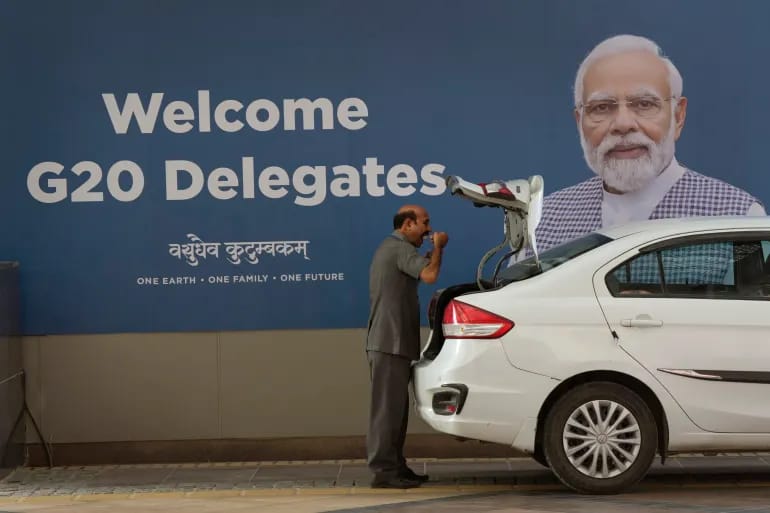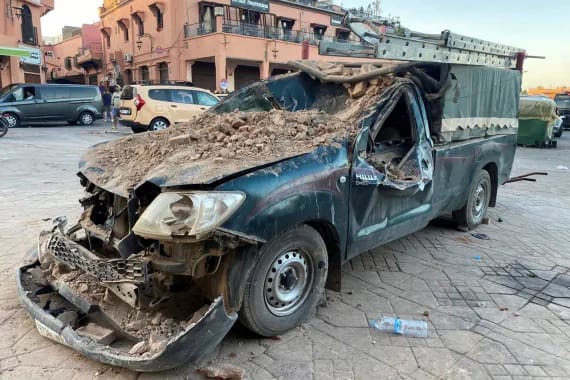New Delhi, September 9, 2023 – India is gearing up to host the most significant diplomatic gathering it has seen in four decades, as the Group of 20 (G20) summit kicks off this weekend. Under the leadership of Prime Minister Narendra Modi, the Indian government has left no stone unturned to make this event a resounding success. The city’s streets are cordoned off, schools and offices closed, and billboards adorned with Modi’s face adorn the capital. This summit, a diplomatic “World Cup” of sorts, presents India with a unique opportunity to bask in the international limelight and showcase its growing diplomatic influence.
The Double-Edged Sword of Hosting the G20
While hosting the G20 summit offers India a chance to engage with major global players, it also comes with its share of challenges. The G20, currently divided by competing agendas and geopolitical tensions, faces the risk of ending this summit without a joint communique—a first in its history. India, determined to assert its rising influence, must navigate these treacherous waters, as Russia’s war in Ukraine continues to strain consensus-building within the group.
China and Russia have already indicated their reluctance to accept the wording of the 2022 declaration, and preliminary negotiations have failed to yield a common text. Despite India’s aspirations to demonstrate its diplomatic clout, the road to consensus remains uncertain, prompting experts to counsel measured expectations.
India’s Voice in the Global South and Domestic Implications
As the host country, India has positioned itself as the “voice of the Global South.” Amitabh Kant, India’s lead G20 negotiator, emphasized this theme at a recent media briefing. He asserted that the joint declaration at the end of the summit would strongly represent the interests of developing countries, highlighting India’s commitment to championing their concerns.
Beyond the diplomatic realm, the Indian government is using the G20 summit to promote the country’s tourism and investment opportunities, hosting working group meetings across various regions. The Modi government’s keen eye on domestic politics is evident, as it seeks to leverage both domestic and global publicity for upcoming state and national elections.
Notable Absences and China’s Significance
Despite India’s best efforts, three prominent leaders—Chinese President Xi Jinping, Russian President Vladimir Putin, and Mexican President Andres Manuel Lopez Obrador—have opted out of the summit. Xi’s absence, in particular, raises concerns, as he heads the world’s second-largest economy and has never skipped a G20 summit before. This development sends a negative signal about China’s commitment to the G20 and global relations, according to experts.
India’s ability to address these diplomatic challenges and foster unity within the G20 will serve as a litmus test of its diplomatic prowess. As the nation takes center stage, it faces the daunting task of managing internal divisions within the group while striving to shine brightly in its moment in the diplomatic sun.
















